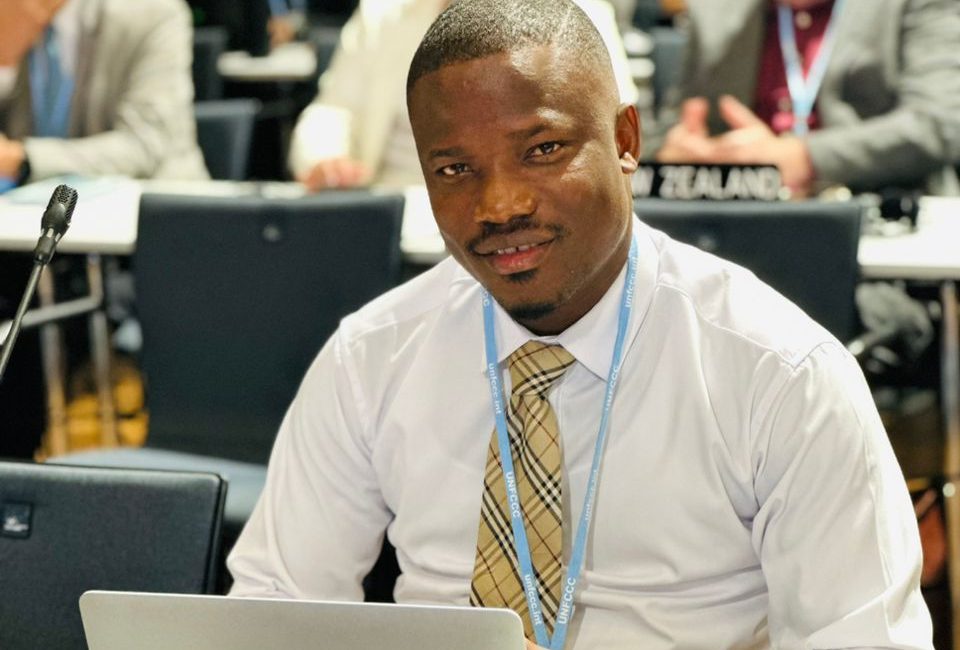Bonn, Germany – June 24, 2025 – Liberia’s Teddy Taylor, the National Focal Point for Action for Climate Empowerment at the Environmental Protection Agency (EPA), is gaining international recognition for his strong advocacy on climate education, as he represented Liberia at a high-level consultation on adaptation education hosted by the Global Center on Adaptation (GCA) in Bonn, Germany.
Speaking during a special breakfast meeting on the sidelines of the UNFCCC SB62 Climate Conference Tuesday, Mr. Taylor made a passionate case for why education must be a central part of Africa’s response to climate change.
Mr. Taylor outlined the major challenges Liberia faces in delivering climate adaptation education, especially in vulnerable communities. He pointed to schools being damaged by floods, lack of climate content in national curricula, limited teacher training, and budget constraints as key obstacles.
“Our school system is at risk because of the changing climate,” Mr. Taylor said. “Teachers need support, our buildings need strengthening, and our young people need the knowledge to face what lies ahead.”
During the event, GCA presented two proposals under its Africa Adaptation Acceleration Program 2.0: Climate-Proofing Education Services and Driving Public Awareness and Adaptation Literacy. Mr. Taylor expressed Liberia’s full support for both.
“These are the right interventions at the right time,” he said. “They match our national efforts to build a resilient education system.”
He explained that Liberia is already working on a Climate Change Learning Strategy with support from UNITAR, and the country is looking to partners like GCA to help bring it to life.
Mr. Taylor didn’t just speak about the problems—he came with solutions. He proposed that Liberia be considered for a pilot program to build climate-resilient schools in areas most at risk. He also called for support to create a national adaptation education framework that would align with Liberia’s broader plans, including the Education Sector Plan and National Adaptation Plan (NAP).
“We are ready to act,” he told the gathering. “We want to work with GCA, UNICEF, UNITAR, and others to train teachers, update our curriculum, and bring climate knowledge into every classroom.”
Mr. Taylor emphasized that the focus should not only be on students in school, but also on teachers, out-of-school youth, and communities.
“Young people and community leaders are powerful messengers,” he said. “We must use youth clubs, radio, social media, and vocational training to spread climate knowledge across the country.”
His presentation was met with praise from development partners and fellow representatives at the forum, many of whom commended Liberia’s commitment and Mr. Taylor’s leadership.






